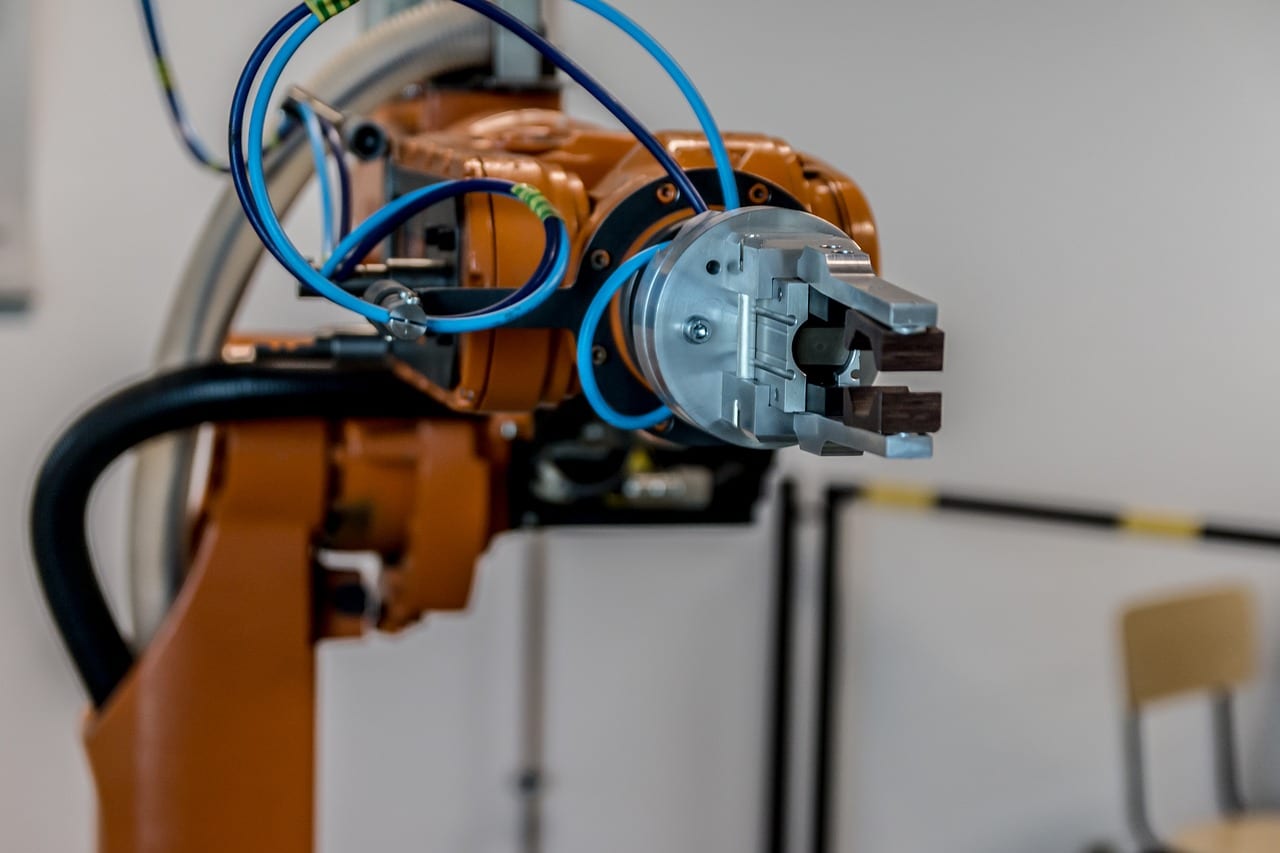The Dos And Don’ts Of Automation In Business
Automation involves using robots and software to take care of tasks. In recent years, it’s become a popular way of improving efficiency in business – by no longer having to manually complete tasks, you can free up a lot of time and energy. Most tasks nowadays can be automated. However, just because you can automate every task doesn’t mean you should automate every task. There are still some processes that benefit from a human touch and automating them could do more harm than good. To help you determine when you should use automation, here are a few dos and don’ts.
Do automate long, repetitive tasks
Long and repetitive tasks can be tedious. These are the types of tasks that are perfect for automation. Robots are able to handle long, repetitive tasks for hours if not days. They won’t get tired and won’t lose concentration like humans (which leads onto the next point of precision).
Do automate tasks that require constant precision
Humans aren’t able to offer the reliable constant precision that machines can. If you’re mass producing a product and need to apply a specific amount of glue to a specific spot, it could be worth looking into automated dispensing technology to do this task. Automation could also be useful for tasks that require precise calculations such as working out complex scientific formulas.
Do automate dangerous tasks
Some tasks could be particularly dangerous. Putting them in the hands of a robot could save you or your employees from getting harmed. Robots are already used to assess burning buildings, clean up nuclear sites, dispose bombs and inspect pipelines. While these tasks are still often manually controlled by a human from a remote location, certain routine tasks that involve dangers are starting to become automated.
Don’t automate user testing
The whole point of user testing is to test a product on a real-life user. While software can be used to simulate some testing, some of your testing will need to be done on humans to get a genuine reaction. This could include everything from tasting food to trialling out software.
Don’t automate marketing
Effective marketing relies heavily on appealing to human emotions and requires a lot of imagination. While there are automation tools out there to create social media posts, send out emails and generate ads, you could find that you get poor results by relying wholly on automation. Exciting marketing campaigns require human ideas – although once these ideas have been established, you may be able to automate certain processes (such as scheduling pre-written emails to get sent out at certain times).
Don’t automate tasks that require empathy
Robots suck at empathy. Any job that involves empathising with other humans should be handled by humans. A noteworthy example of this is handling complaints on the phone – getting a robot to answer complaint calls could end up frustrating most callers. Automated phone answering should only be used to direct people to the right human contact.














Leave a Reply
Want to join the discussion?Feel free to contribute!